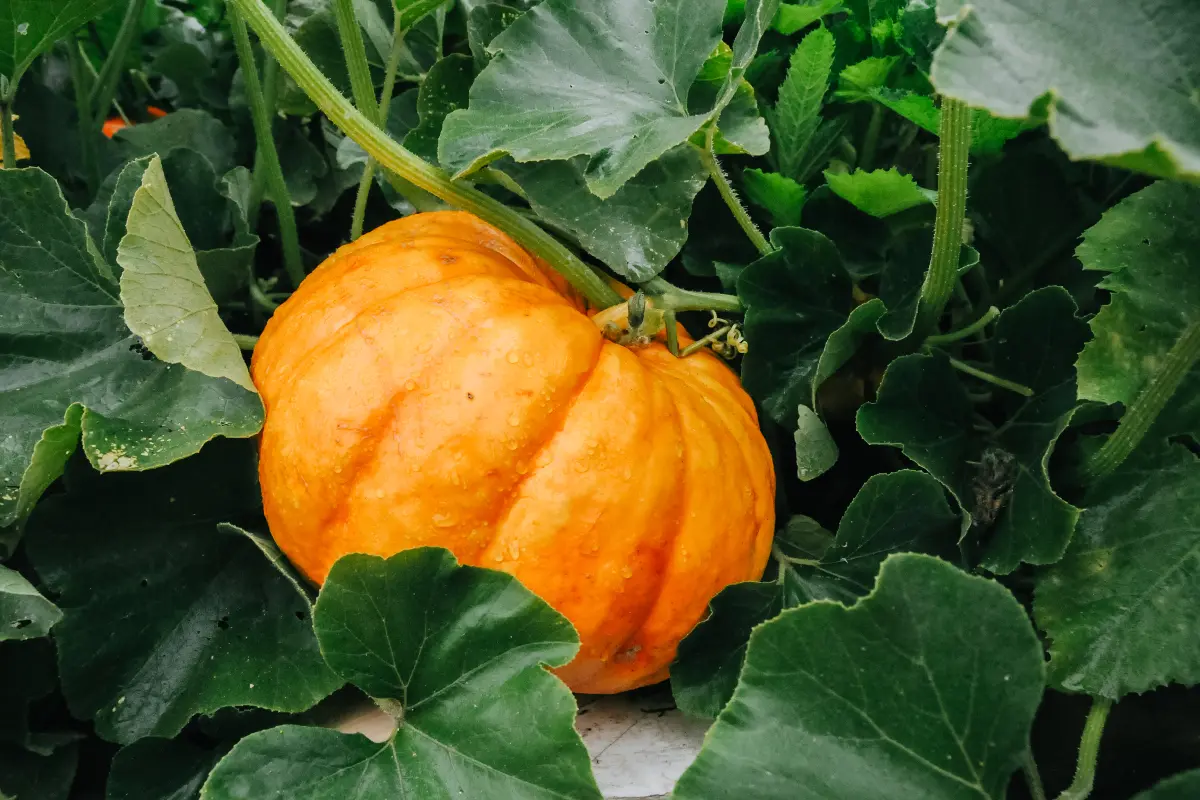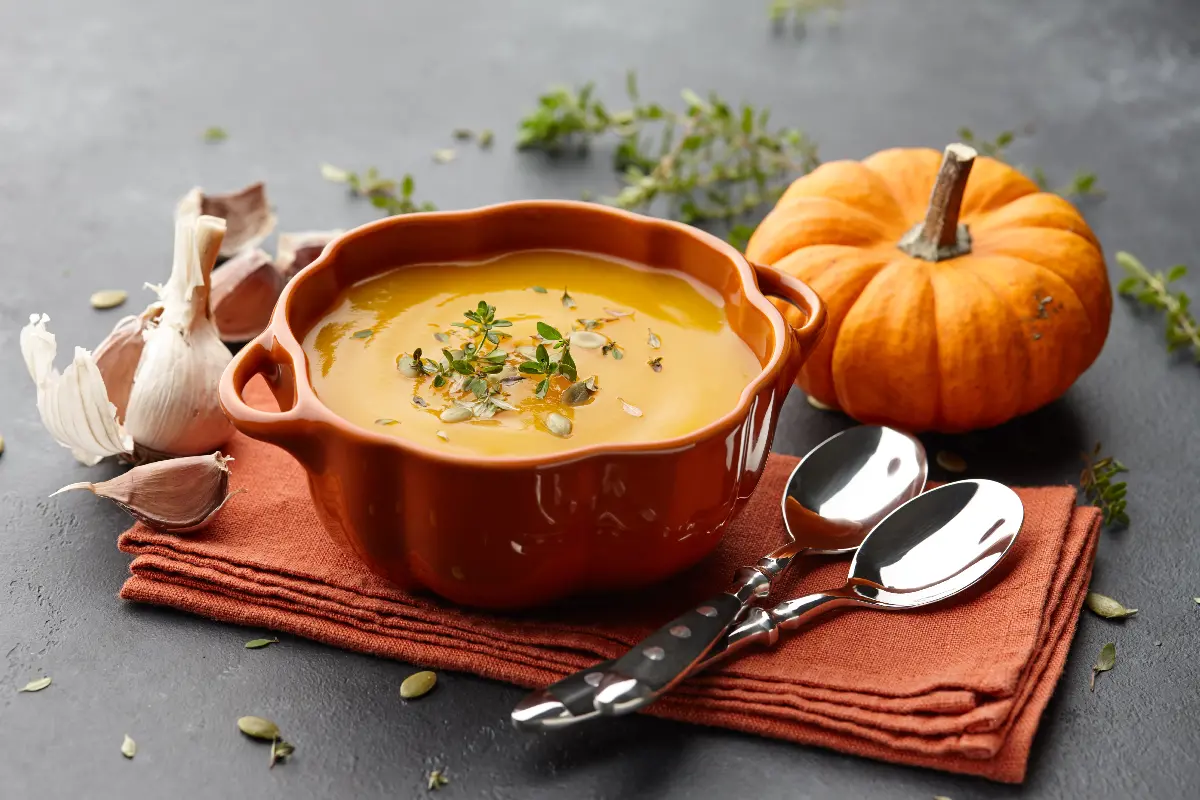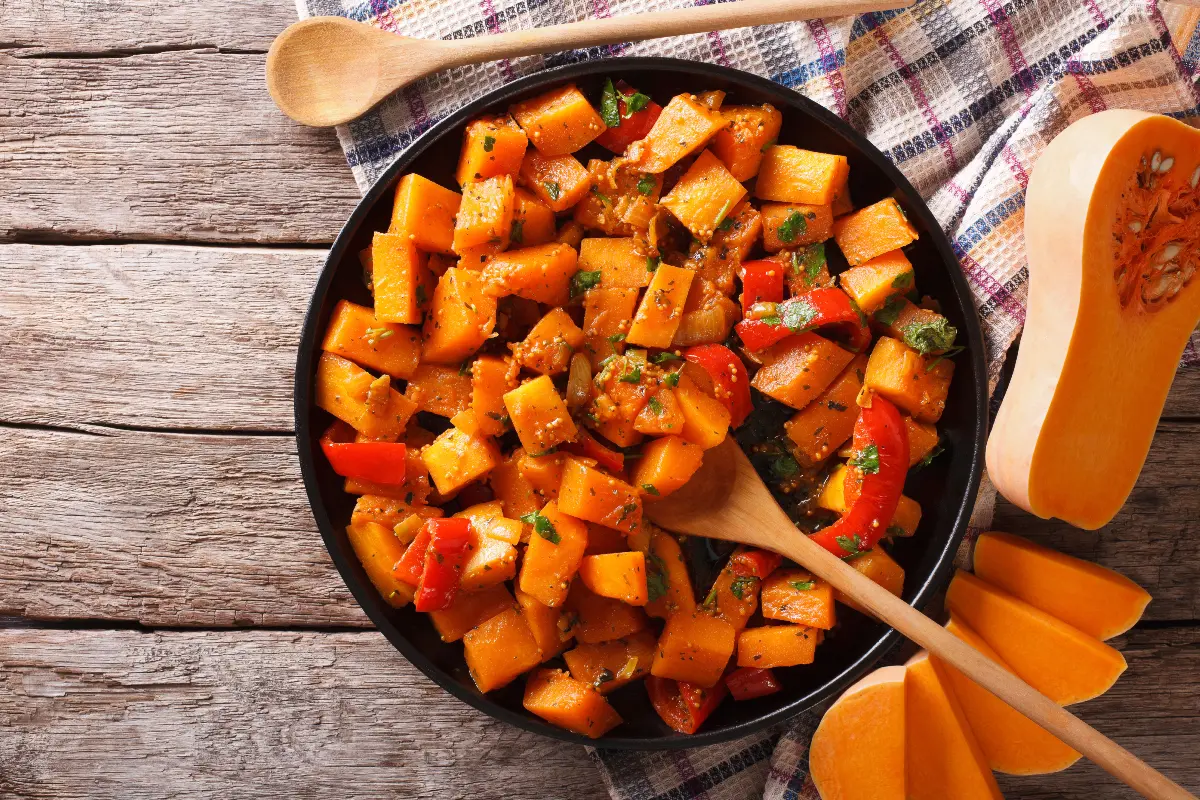Pumpkins are more than just the iconic emblem of fall or the canvas for your spookiest Halloween designs. This humble gourd harbors a wealth of health benefits that often go unrecognized. As we carve deep into the health-boosting capabilities of pumpkin, you'll find that this seasonal staple deserves a place at the table well beyond the holidays.

Pumpkin is a member of the Cucurbitaceae family, which includes squash and cucumbers. Its vibrant orange hue is a dead giveaway for its most boasted-about nutrient: beta-carotene. Beta-carotene is a precursor to vitamin A in the body and plays a critical role in maintaining healthy vision, skin, and immune function. But this is just the beginning; the benefits of pumpkin are vast and varied.
One of pumpkin's most remarkable features is its nutrient density—a term used to describe the amount of nutrients it contains relative to its calorie content. A cup of cooked, mashed pumpkin packs just about 49 calories but delivers a substantial quantity of vitamins and minerals. It's particularly rich in vitamins C and E, as well as potassium, making it excellent for blood pressure regulation and reducing the risk of stroke.
For those concerned with blood sugar levels, pumpkin holds promise due to its low glycemic index. The glycemic index measures how much a food increases your blood sugar. Foods with a low score are less likely to cause a rapid spike, and this is where pumpkin shines. It contains a type of polysaccharide known as "pectin" that helps stabilize blood sugar levels and improve glucose tolerance, making it a strategic food for diabetics or anyone monitoring blood sugar balance.
When it comes to fiber, pumpkin is a contender that shouldn't be underestimated. The fiber in pumpkin can aid digestion, promote a feeling of fullness, and help maintain a healthy weight. Fiber is also linked to a lower risk of various diseases such as heart disease, type 2 diabetes, and certain types of cancer. The seeds are incredibly rich in fiber as well—just a small handful of pumpkin seeds can provide you with a good portion of your recommended daily intake.

Pumpkin seeds, or pepitas, deserve a special acknowledgment for their health benefits. These small yet mighty seeds are a power-packed source of nutrients including magnesium, zinc, and omega-3 fatty acids. Magnesium supports bone health, muscle function, and mood regulation—a fabulous reason to sprinkle some pepitas on your salad or snack on them throughout the day. Zinc boosts the immune system and supports reproductive health for both men and women, while omega-3 fatty acids are vital for cardiovascular health and cognitive function.
The amino acid tryptophan, found in pumpkin seeds, is another reason to celebrate the seeds of this super-gourd. Although tryptophan is notoriously linked to sleepiness post-turkey feast, it's also a precursor to serotonin, a neurotransmitter that contributes to feelings of well-being and happiness. Thus, munching on pumpkin seeds may actually boost your mood.
Antioxidants are crucial for combatting the effects of oxidative stress, and pumpkin is loaded with them. Compounds in pumpkin—like beta-carotene, alpha-carotene, beta-cryptoxanthin, and lutein—have antioxidant properties that can decrease the risk of chronic diseases and may even slow down the aging process. Research has shown that a diet high in these compounds may protect the skin from harmful UV rays and contribute to healthier, more resilient skin.
The health benefits of pumpkin also extend into the realm of disease prevention. For instance, the high antioxidant levels in pumpkin can play a role in cancer prevention. Diets rich in beta-carotene have been linked to a decreased risk of some types of cancer, including prostate and lung cancer. Additionally, the combination of nutrients found in pumpkin, such as vitamins, minerals, and antioxidants, can support the immune system and reduce inflammation—a key factor in many chronic conditions.
For those who strive for a heart-healthy diet, pumpkin is an ally. Its fiber, vitamin C, potassium, and antioxidants all contribute to heart health. Studies have indicated that consuming enough potassium may be just as important as lowering sodium intake for the treatment of hypertension and the prevention of cardiovascular diseases.

Moreover, the versatility of pumpkin in culinary applications makes it an easy addition to any diet. It can be swapped in to replace fats in baking recipes, made into souperb soups and stews, or roasted as a nutritious side dish. Even beyond its flesh, pumpkin can be transformed into an oil that has its own set of health benefits, such as improving skin health and providing an alternative for healthy cooking.
The sheer versatility of pumpkin is a testament to its potential as a dietary staple. From savory soups to nutritious snacks and even to sweet desserts, pumpkin has the versatility and flavor profile to meet a plethora of culinary needs. This, coupled with its health-boosting capabilities, makes pumpkins a nutritional powerhouse that should not be relegated to mere decoration or seasonal treat.
In conclusion, pumpkins are a gold mine of nutrients and health benefits that are often overlooked. Their potential for enhancing overall wellness through diet is extensive and backed by science. Next time you're at the grocery store, consider picking up a pumpkin or some pumpkin seeds. By incorporating this super-gourd into your daily meals, you could be making a profound investment in your health, one delicious bite at a time. With a little creativity and knowledge on your side, the promise of pumpkin is ripe for the picking all year round.
